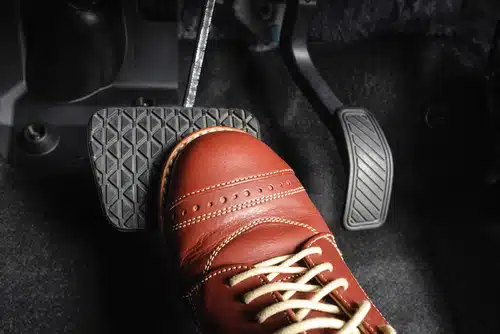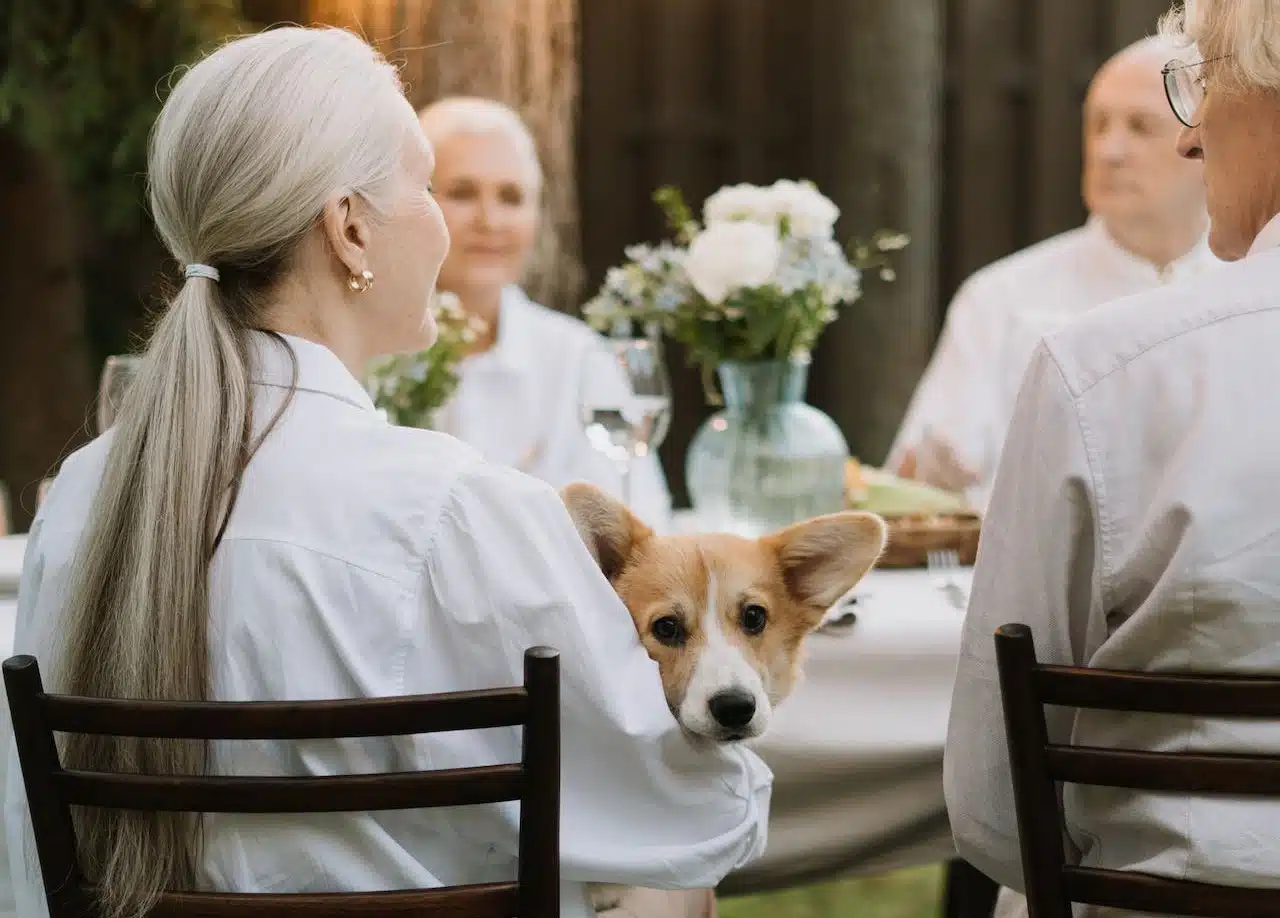Home » Blog » Pet » Pet Health & Safety » Why is My Dog Vomiting… is it Gastro?
Categories
Tags
animal welfare
breed profile
buying a car
buying a pet
Car
car accessories
car care
car features
car insurance
Car safety
car sales
car service
cat
cat behaviour
cat body language
Cat Breeds
cat food
cat insurance
comprehensive car insurance
Dog
Dog Behaviour
dog body language
Dog Breeds
dog food
Dog Insurance
dog training
eco friendly cars
Kitten
New Car
pet accessories
pet activities
Pet Adoption
pet breeders
pet days of the year
pet fun stuff
Pet Health
pet insurance
pet parenting
Pet Safety
pet services
Puppy
rescue pets
road safety
road trip
safe driving
Recent Blog:
Facebook Posts
2 days ago
Growing old sometimes means we can’t take care of pets anymore. Find out some advice on what to do when this happens:![]()
![]() Senior Pet Parents – Contingency Plans for Your Pet – bit.ly/44bzwkS
... See MoreSee Less
Senior Pet Parents – Contingency Plans for Your Pet – bit.ly/44bzwkS
... See MoreSee Less
Senior Pet Parents' Contingency Plans for Pets
www.pd.com.au
Sometimes senior pet parents need more downtime. For older pet owners, this can be tricky to navigate if their dog or cat is full of beans and wants to4 days ago
Before you rev up the engine, let’s run through a checklist of things to do before starting your car. Not only do these steps ensure your safety (and that of others around you), but they also help in maintaining your vehicle's longevity.![]()
![]() Driving Tips: Your Checklist Before Starting Your Car -
... See MoreSee Less
Driving Tips: Your Checklist Before Starting Your Car -
... See MoreSee Less
Driving Tips: Your Checklist Before Starting Your Car
www.pd.com.au
Heading out for a drive? Hold up a second! Whether you're dashing off to work, running errands, or embarking on a road trip adventure, there are a few1 week ago
Are intestinal worms setting up camp in your dog’s gut without paying rent? Here’s how to spot the main culprits and get rid of them too:![]()
![]() Preventing, Identifying and Treating Intestinal Worms in Dogs - bit.ly/43YjCKu
... See MoreSee Less
Preventing, Identifying and Treating Intestinal Worms in Dogs - bit.ly/43YjCKu
... See MoreSee Less
Preventing, Identifying and Treating Intestinal Worms in Dogs
www.pd.com.au
Intestinal worms, such as roundworms in dogs are one of the least glamorous topics on the planet. These intestinal parasites that basically use our dogsRight from the start puppies poop, pee and regurgitate, and most of the time it’s harmless. But what happens if your dog is vomiting and pooping too much? How can you tell when it’s no longer the usual ins and outs and has instead progressed to becoming gastro in dogs (aka canine gastroenteritis)?
When you look at the statistics you realise how important this question is. Gastro was among PD Insurance’s top five types of pet insurance claims in 2021.
This tells us that gastro isn’t just common, it’s also pretty serious and pets can easily end up going to the vet in need of proper treatment. In other words if your dog is pooping or vomiting in a way that seems severe or ongoing, they may need a helping hand to put their best paw forward.
Why is my dog vomiting (and more)?
Gastro in dogs isn’t very nice. It’s the inflammation of your poor pup’s stomach and intestines. Just this week alone, our payouts for customers’ gastro claims ranged between $1,124 and $1,714. As these figures indicate, it can be stressful and costly to remedy if your dog has it.
This sneaky illness can take on many forms, from standalone vomiting or diarrhoea to vomiting and diarrhoea combined. Dog vomiting on its own is less likely. This is called gastritis as it generally affects only the stomach.

Acute vs chronic gastro in dogs
As you can well imagine these facts on their own are bad enough. But unfortunately there’s more to the story – gastro in dogs can either be acute or chronic.
Acute gastroenteritis. This comes on suddenly and will usually, but not always, get better on its own. Sometimes though it gets worse without vet treatment.
Chronic gastroenteritis. This can continue over longer periods spanning weeks, months or even years.
Haemorrhagic gastroenteritis in dogs
If your dog has sudden and acute gastroenteritis with a bloody stool, this is specifically called haemorrhagic gastroenteritis or HGE.
Haemorrhagic gastroenteritis is a serious form of gastro in dogs that can be fatal and needs vet treatment right away. Even though it can happen to any dog, it’s more common in certain breeds at certain times of life. Watch this video to understand the scope of the condition:
Why is my dog vomiting yellow stuff?
As we have mentioned, the most basic noticeable indication of gastro in dogs is vomiting and diarrhoea. Then there are symptoms that often accompany these, including:
- Dry heaving or gagging
- Lack of appetite
- Lethargy (this may be due to stomach pain or not eating)
A word of caution, don’t read this next sentence if you’re eating or squeamish… Due to lack of appetite and not eating, once your dog starts vomiting and emptied their tummy, all that’s left is bile. Bile is a foamy yellow liquid that’s basically stomach acid.
If you’ve ever googled (as many have) ‘why is my dog vomiting yellow‘, herein lies the answer.
What causes gastro in dogs?
If your dog experiences vomiting, diarrhoea and the accompanying nausea it’s very possibly a viral gastroenteritis infection, or “stomach flu”. This type of gastro is caused by viruses but other things can also cause gastro. Gastroenteritis can in fact occur for several reasons, including:
- Abdominal disorders
- Bacterial infection
- Cancer
- Eating something toxic (read up on things that can poison your pet)
- Eating raw or undercooked food (be in the know about the pros and cons of raw food)
- Food allergies
- Infections (a urinary tract infection, for example, or meningitis)
- Liver or kidney failure
- Parasites (read about flea and tick treatment to help combat this)
You’ll notice some of these causes are more severe than others. In some instances serious underlying conditions like cancer or kidney failure can bring on cause your dog to vomit and have diarrhoea. That’s why until you’re sure of the cause a visit to the vet can be a lifesaver.
Also read why dogs eat grass (hint: it’s mostly harmless but can sometimes be related to gastro).

How to treat gastro in dogs
Because gastro in dogs isn’t one of those tummy bugs that has one possible root cause, there are of necessity several treatments. The treatment needs to be based on the cause, which needs to be assessed case by case.
Ask a vet
If your dog is vomiting and/or has diarrhoea and it’s been going on for a couple of days ask your vet do a physical examination to decide on the best course of action. Your vet will be able to assess your dog’s case with the proper medical knowledge and training.
Food and medication
Depending on what’s at the bottom of the problem the solution may be something like not feeding your pup for 24 hours as their tummy (ahem, gastrointestinal tract) settles down. Your vet might also suggest switching medications if your dog is taking any or a change to their diet.
Rehydration
if your dog is vomiting or having diarrhoea then dehydration is the watchword. Dehydration is common with gastro in dogs. If your pet is dehydrated then your vet may feed them fluids via an intravenous drip to set them back on course towards being fully mended.
Medical care
If the condition is severe your vet may even need to keep your dog at the clinic to help them recover. In such a case you and your vet will need to discuss how you can take over the caring process once you bring Rover back home.

Preventing dog vomiting and gastro
Even though there’s no sure-fire way to prevent gastro in pets, there are some ways to make it less likely to happen. Nutrition is a massive part of gut health. As humans, we’ve all heard about eating healthy food for a healthy stomach and gastrointestinal tract and it’s pretty much the same for our best friends too.
Vets often find that the very cause of gastro in dogs is just a poor quality of diet that contains ingredients your dog shouldn’t be eating. But getting the basics right is easy once you know how. Just like you or I can add yoghurt and fresh greens to our diet, read about dog gut health for the canine equivalents.
Your vet will probably recommend quality food that’s high in digestible fibre and low in fat. Pet proofing your home so your pets can’t eat things they shouldn’t is a good step too. As is regular parasite and worming treatment as well as pet vaccinations.
Protect your pet and your pocket
While you’re busy protecting your pet, protect your pocket at the same time. Getting a pet insurance plan will help cover non-routine vet visits, surgery, hospital stays, prescription medication and much much more!
If you discover your pet has a lifelong condition after you already have pet insurance and your waiting periods are done, your insurance can help cover the costs. That’s why it’s good to get your pet’s plan sooner than later. You get one or more months of free pet insurance when you sign up with PD Insurance, so why wait a moment longer.
Click below to start your pet’s plan today.
Share On:




